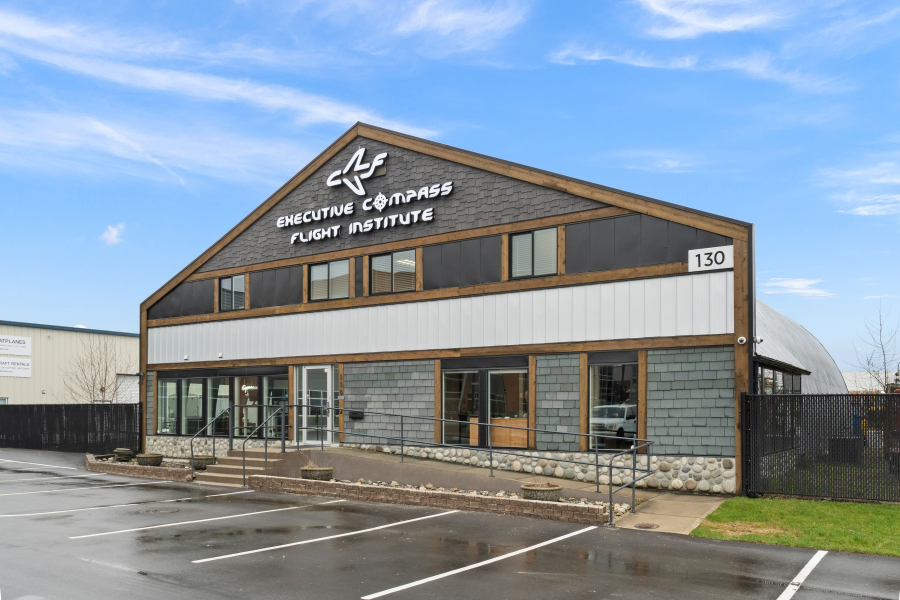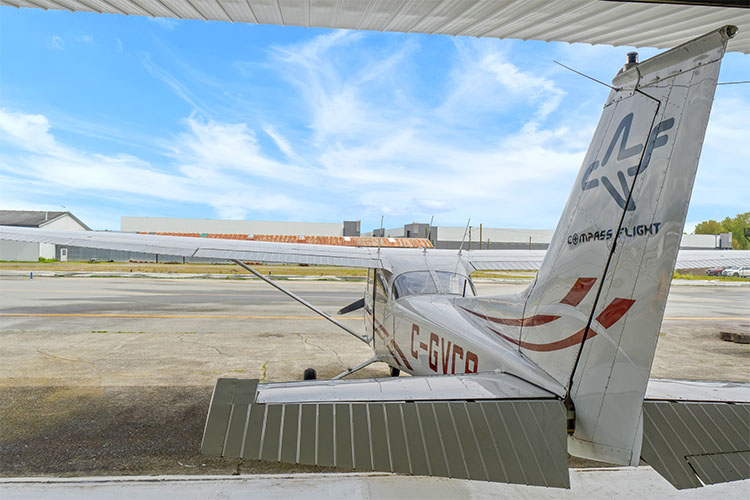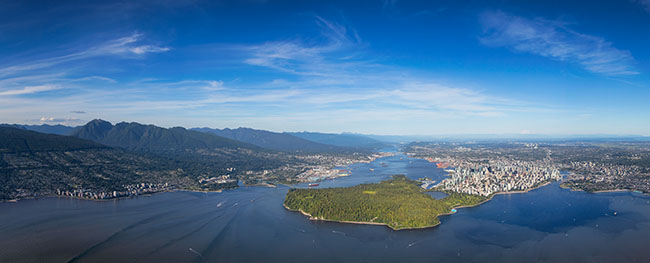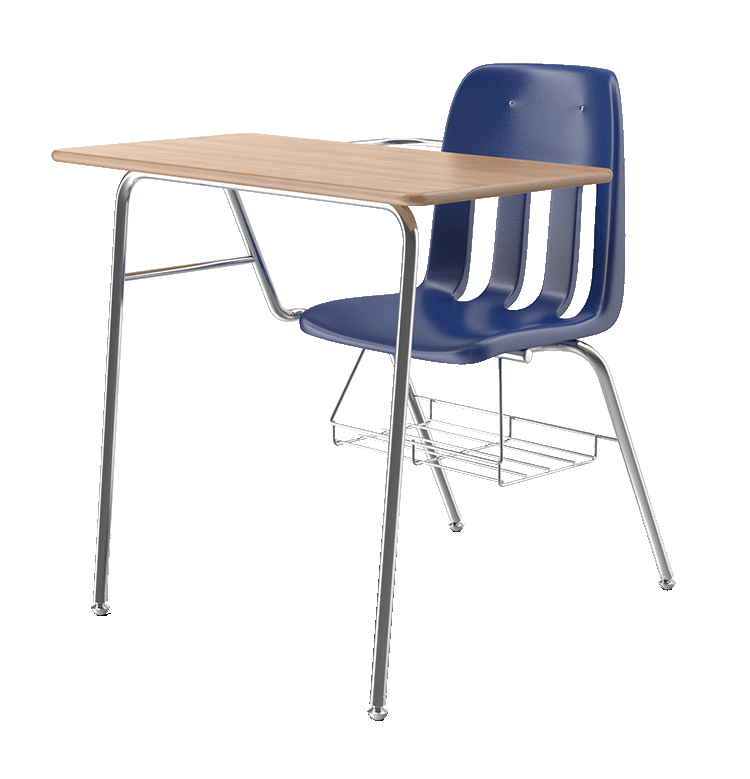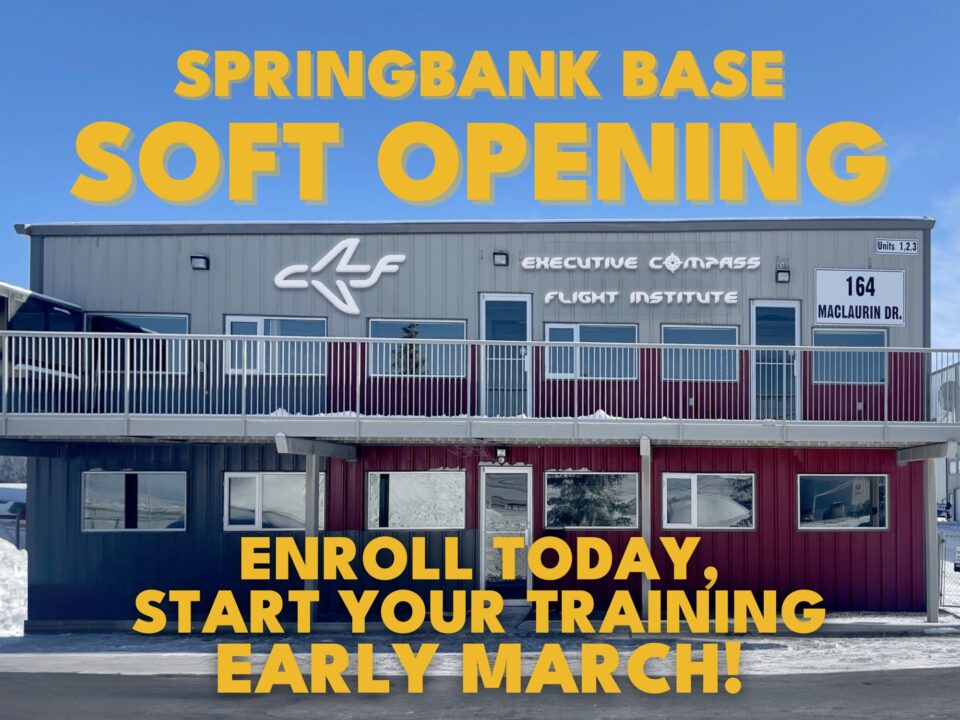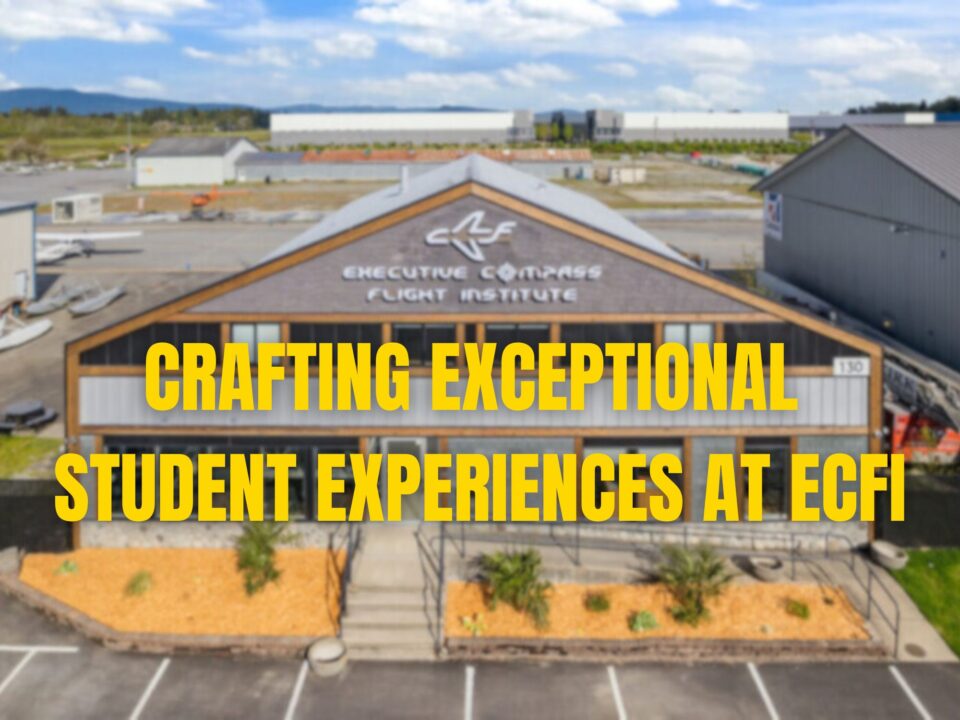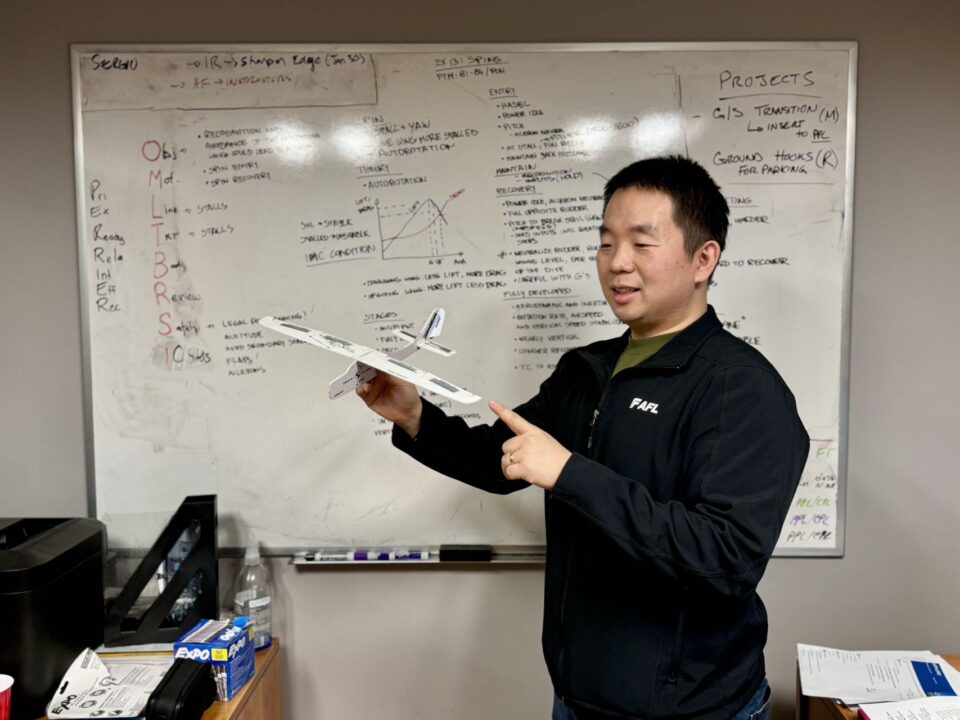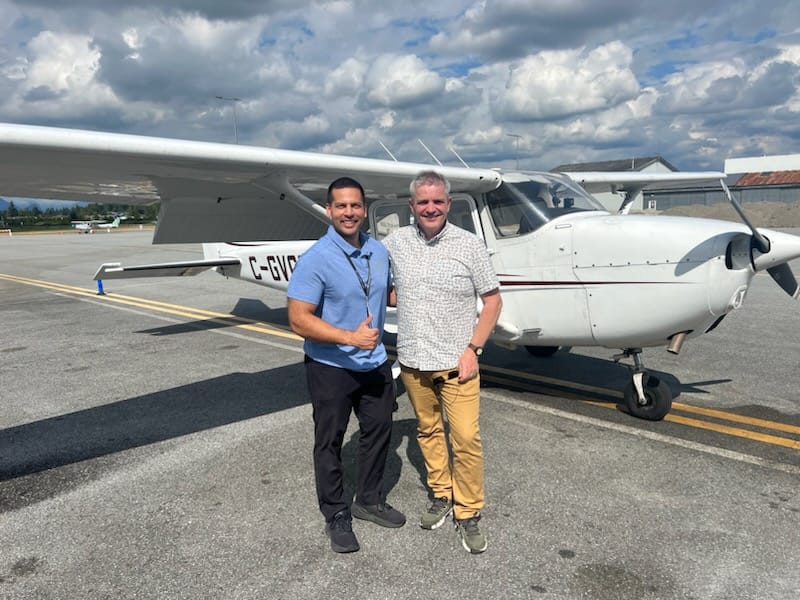
Executive Compass Flight Institute is proudly partnered University of Fraser Valley (UFV) to provide the flight training post-secondary qualification in the 2-year Aviation-Business Administration Diploma program or the 4-year Aviation-Bachelor of Business Administration Degree program.

Business Administration (Aviation) diploma
UFV’s Business Administration (Aviation) diploma is designed to add core business skills to your advanced aviation training, preparing you for a promising career in the aviation industry.
Your diploma will include UFV courses as well as your pilot training. You'll complete a series of fifteen academic courses in key business areas such as accounting, economics, communication, and marketing.
The flight component of your program will take place at a flight school of your choice. After you complete your training, Transport Canada will assess you and award you Aviation licenses and ratings that allow you to fly a variety of aircraft in varying conditions. With these certifications complete, you'll receive academic credit towards your UFV business diploma. You can complete your certifications either before, during, or after your business courses, and you have the freedom to switch flight schools if needed.

Aviation — Bachelor of Business Administration
Successful pilots and business people have a lot in common — they are skilled communicators, develop plans for success, assess conditions, and anticipate change. Take your passion for flight to new heights with UFV Bachelor of Business Administration (Aviation).
Throughout the program, you take a combination of flight training, aviation theory, and academic courses. The Bachelor of Business Administration (BBA) – Aviation program requires 34 academic courses and Transport Canada certifications and licenses to complete.
You also build an academic foundation through UFV courses in business and economics supplemented by courses in science, English, social science, and the humanities to prepare you to assume management responsibilities in the aerospace industry.
Entrance Requirements-English Language Proficiency for International Students
- IELTS(Academic): score of 6.5 or higher with a minimum band score of 6.0
- TOEFL(includes Home Edition): score of 88 or higher (iBT) with no section below 20
- English 12 C+ (or recognized Canadian equivalent)
- IELTS(Academic): score of 6.0 or higher with a minimum band score of 5.5
- TOEFL(includes Home Edition): score of 80 or higher (iBT) with no section below 19
- English 12 C (or recognized Canadian equivalent)
- TOEFL(includes Home Edition) - score of 71 or higher (iBT) with no section below 16 (effective Winter 2018)
- IELTS: overall score of 5.5 with a minimum band score of 5.0
- English 12 C- (or recognized Canadian equivalent)
Entrance Requirements - Academic
Required Transport Canada licenses and ratings include Private Pilot’s license, Commercial Pilot’s license, Instrument Rating, and one of Multi-Engine or Flight Instructor Rating.
4-year Aviation-Business Administration Degree Program Requirements
- B.C. secondary school graduation or equivalent. (Students who have completed a secondary school equivalency program will also be considered but may have to complete the specific entrance requirements below.)
- Grade 12 Math C+
- Grade 12 Physics C+
- At least nine transferable credits at a recognized post-secondary institution with a minimum CGPA of 2.67 based on all university-level credits attempted.
- Grade 12 Math C+ or University-level Math
- Grade 12 Physics C+ or University-level Physics
2-year Aviation-Business Diploma Program Requirements
- B.C. secondary school graduation or equivalent.
- Grade 11 Math C
- Grade 11 Physics C
- At least nine transferable credits at a recognized post-secondary institution with a minimum CGPA of 2.00 based on all university-level credits attempted.
- Grade 11 Math C or University-level Math
- Grade 11 Physics C or University-level Physics
Transport Canada’s Minimum Requirements for Completion
Transport Canada Requirements vary for each license and endorsement. The program consists of completing your Private Pilot License, Commercial Pilot License, Night Rating, Instrument Rating, and Flight Instructor Rating. The requirement of Each license is listed below:
- The applicant must be a minimum of 17 years of age
- Ability to acquire and maintain a Category 3 aviation medical
- Minimum of 40 hours of ground school
- Obtain a minimum of 60% on the Transport Canada Written Exam (PPAER)
- Complete a minimum of 45 hours of flight training under the supervision of a qualified flight instructor broken into a minimum of;
- 17 hours of dual flight training, including 3 hours of cross-country and 5 hours of instrument training
- 12 hours of solo flight training, including 5 hours of cross-country with a flight of a minimum of 150 nautical miles which includes 2 full stops at points other than the departure
- The applicant must be a minimum of 18 years of age
- Able to acquire and maintain a Category 1 aviation medical
- Hold a valid Transport Canada-issued Private Pilot License
- Complete a minimum of 80 hours of ground school
- Obtain a minimum of 60% on the Transport Canada Written Exam (CPAER)
- Completed a minimum of 200 hours of flight time of which 100 hours shall be Pilot-in-Command with 20 hours being cross-country Pilot-in-Command
- Completed a minimum of 65 hours of flight training
- 35 hours of dual instructional time under the supervision of a flight instructor
- 5 hours of night flight including 2 hours of cross-country time
- 5 hours of cross-country
- 20 hours of instrument
- 30 hours of solo flight time including
- 25 hours of solo flight time emphasizing the improvement of flying skills including a 300-nautical mile radius flight from the point of departure with 3 landings at points other than that of departure
- 5 hours of solo night flying during which a minimum of 10 takeoffs and landings were completed
- 35 hours of dual instructional time under the supervision of a flight instructor
- 10 hours of nighttime flying including a minimum of;
- 5 hours of dual flight time, including 2 hours of cross-country
- 5 hours of solo flight time, including 10 takeoff and landings
- 10 hours of dual instrument time
- Obtain a minimum of 70% on the written Instrument Rating exam (INRAT)
- 50 hours of cross-country as Pilot-in-Command
- 40 hours of instrument
- A dual cross-country under simulated or actual IMC conditions of a minimum of 100 nautical miles with two different approaches to minima
- Shall hold a valid Commercial Pilot License
- A minimum of 25 hours of ground instruction
- Obtain a minimum of 70% on the written examination Flight Instructor Rating (AIRAF)
- Complete a minimum of 30 hours of dual flight instruction, including a minimum of 5 hours of instrument flight skills
Further information concerning the requirement of License and Rating can be found on Transport Canada's website.
Career Expectations
After graduation, you may fly planes for corporate travel or charter flights for one of Canada's 800 on-demand aviation service providers. Once you have flight hours under your belt, you may fly jets for major airlines or serve as a corporate jet captain. You can also leverage your administrative skills to pursue a career as an airport administrator or operations manager.
How to apply
Contact info@compassflying.com.

